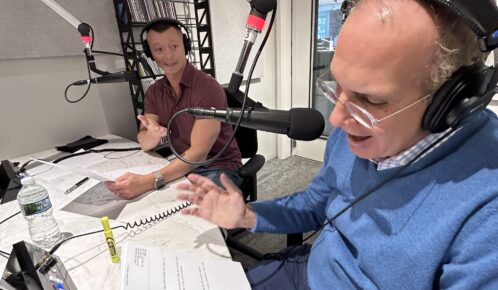Exposure to toxic mold is a common health concern and the subject of numerous lawsuits filed by lawyers that handle mold cases in Chicago and throughout the United States. To determine whether you may be able to pursue a mold lawsuit and recover compensation to pay for your medical bills, lost wages, and pain and suffering, there are several factors that need to be considered. Attorneys that handle mold cases will look at:
Table of Contents

- Whether you were exposed to “toxic mold” Mold is a form of fungus that grows indoors and outdoors. It thrives in warm, damp, and humid environments. There are over 1,000 varieties of indoor mold. The presence of a moderate amount of mold in your home is generally not harmful to your health. Most health problems related to mold exposure arise only when there is a build-up of high concentrations of mold. A few forms of mold are “toxigenic” – and commonly referred to as toxic mold. Under certain conditions, these molds can produce small molecular toxins. These mycotoxins are usually spread by way of the mold’s spores and could be the cause of serious health problems if ingested in significant quantities over time.
- Where was the mold found? Indoor mold is most commonly found in areas of high moisture and low ventilation, such as bathrooms and basements, as well as in and around leaks in roofs, pipes, windows, or areas where there has been flooding. Potted plants are also a common location for mold. Mold often grows in a number of common building materials, including wood products, paper products (such as wallpaper, ceiling tiles, drywall, and cardboard), fabrics, and insulation. The location of the mold has a significant bearing on issues of liability. It helps attorneys that handle mold cases determine who can be sued and the duty of care that was owed. Defendants in mold lawsuits often include builders, landlords, prior owners, architects and engineers, and even building material suppliers.
- Were there any injuries or damages caused by the mold? Proving that mold existed or that you were exposed is not enough. To collect compensation in a personal injury, product liability, or toxic tort lawsuit for mold exposure, lawyers that handle mold cases must prove that the plaintiff suffered injuries or property damages as a result of the mold exposure. A critical part of a negligence claim is establishing that the defendant’s conduct caused the plaintiff’s injuries. Moreover, if liability is assessed against the defendant, the plaintiff will need to prove the amount of compensation to which they should be entitled, based on the severity of injuries and/or property damages.
Lawyers That Handle Mold Cases Can Help You Win Your Mold Lawsuit
Because the legal, factual, and scientific issues involved with mold exposure cases often require performing various expensive testing procedures, testimony from medical experts, and lengthy litigation, many people hire attorneys that handle mold cases to help them recover compensation. Most attorneys for personal injury on mold cases will shoulder the financial burdens of filing a mold lawsuit, only charging attorney fees when you win your case. This practice enables victims to access the resources necessary to gather evidence and prove negligence.
The Chicago toxic tort attorneys at Ankin Law have considerable experience with a variety of toxic tort claims, including those regarding mold exposure in private residences and public buildings.
Learn more about collecting compensation for mold damage. Contact our office at (312) 600-0000 to schedule a free consultation with one of our skilled Chicago personal injury attorneys.



